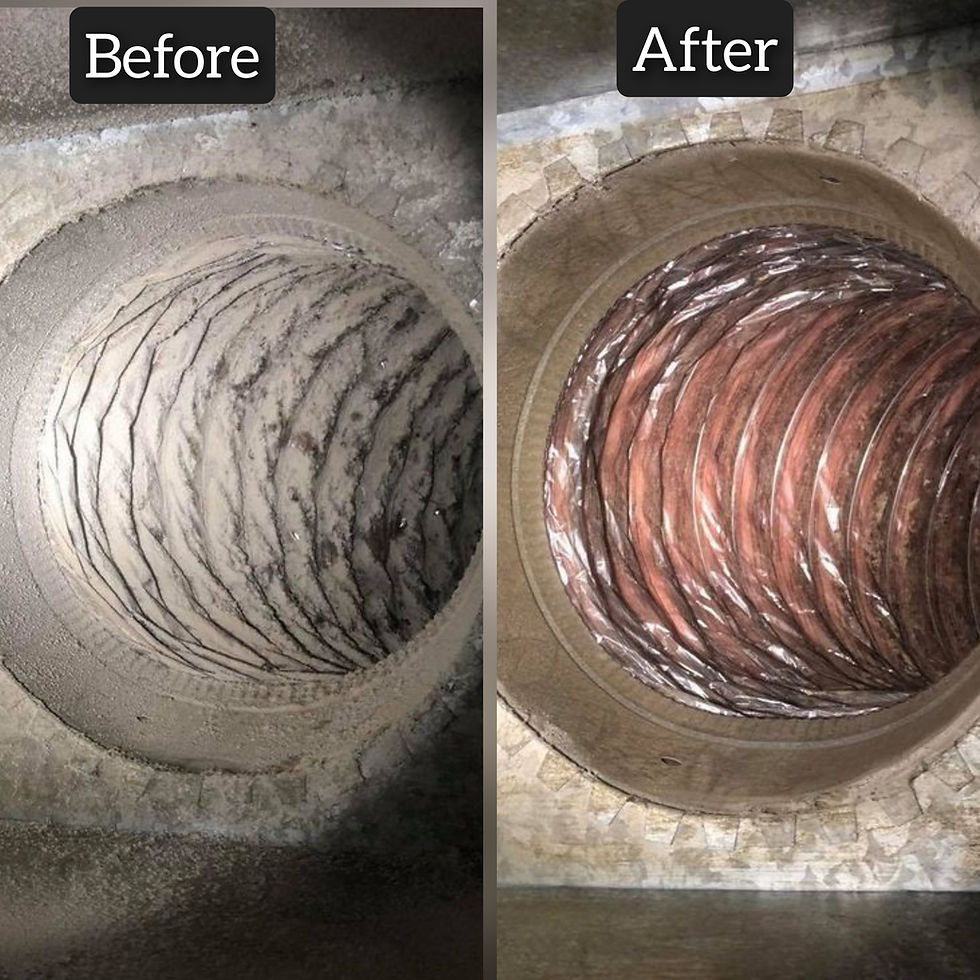How Mold Affects Air Quality in Residential Spaces?
- miakaiser29
- Feb 28, 2025
- 1 min read
Mold growth in residential spaces can significantly impact indoor air quality, posing health risks and contributing to unpleasant odors. When mold spores become airborne, they can be inhaled, leading to respiratory issues such as asthma, allergies, and sinus congestion. Mold thrives in damp environments, often found in areas like basements, bathrooms, and kitchens, where moisture levels are high.
These spores can also trigger skin irritation and exacerbate pre-existing conditions like asthma. In addition to health risks, mold can cause structural damage to homes, leading to costly repairs. To prevent mold growth, it's essential to control indoor humidity, address leaks promptly, and ensure proper ventilation.
Regular cleaning and maintenance are vital in reducing mold accumulation and safeguarding both air quality and overall well-being in residential spaces. Keeping mold at bay ensures a healthier living environment for everyone in the household.






Comments